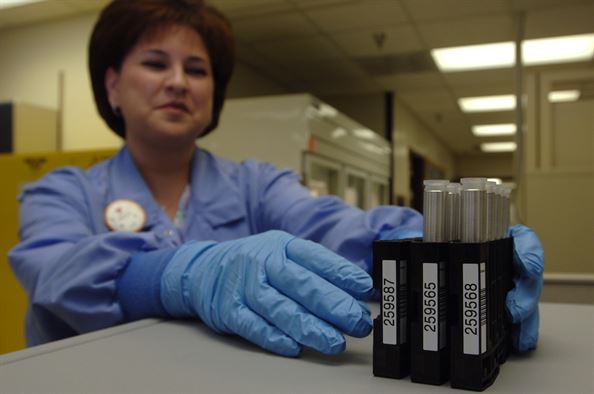Sexually transmitted diseases or STDs can be easily acquired during a sexual intercourse. The cases of individuals acquiring STDs are increasing at an alarming rate. The reason behind this is lack of proper sex education and unsafe sexual practices.
According to statistics, approximately 110 million people currently are prone to sexually transmitted diseases and infections. STDs are the most common type of contagious diseases. The most common type of STDs are HIV, chlamydia, genital herpes, genital warts, gonorrhea, hepatitis, syphilis, and trichomoniasis. STDs in people between the age group of 15-25 are more prevalent.
More specifically, STDs can be defined as a infections that are passed on through vaginal, anal, or oral sexual intercourse. If left untreated, these STDs can worsen and cause more severe diseases such as:
Symptoms of STDs
Some STDs do not show any symptoms at all and can only be identified with the help of a routine blood test. However, the most common symptoms of an STD includes the following:
Testing Procedure
Below mentioned are the steps that one must follow in order to get tested for STDs
According to statistics, approximately 110 million people currently are prone to sexually transmitted diseases and infections. STDs are the most common type of contagious diseases. The most common type of STDs are HIV, chlamydia, genital herpes, genital warts, gonorrhea, hepatitis, syphilis, and trichomoniasis. STDs in people between the age group of 15-25 are more prevalent.
More specifically, STDs can be defined as a infections that are passed on through vaginal, anal, or oral sexual intercourse. If left untreated, these STDs can worsen and cause more severe diseases such as:
- Cancer
- Infertility
- Multiple organ failure
- Effect on the eyes
Symptoms of STDs
Some STDs do not show any symptoms at all and can only be identified with the help of a routine blood test. However, the most common symptoms of an STD includes the following:
- Sore and itchy skin
- Bumps on skin (genitals, thighs, and butt cheeks)
- Foul smelling discharge from genitals
- Burning sensation while urinating
- Fever
- Body ache
- Body itch
- Lethargy
Testing Procedure
Below mentioned are the steps that one must follow in order to get tested for STDs
- Lab testing: If you experience any symptoms and wish to get tested for STDs go to your primary care physician and get tested. They will suggest you the best test for your symptoms.
- Blood samples: The doctor will make an in-depth analysis of your past history and might order a variety of other tests. You will be required to be present for physical examination, blood sampling, and Urine testing.
- Reports: After you have been diagnosed and given your blood and urine samples, now it is time to wait for your reports. In case you get diagnosed with any ailment, consult your doctor. Present him the reports and he will recommend you the best treatment and medication possible.

